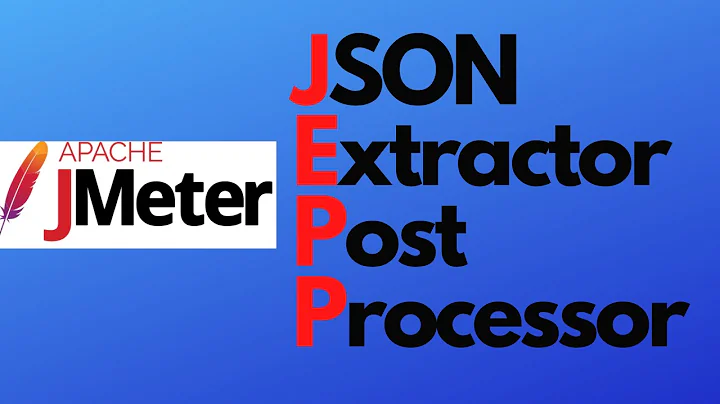Assign Multiple JsonProperties?
Solution 1
No, this is not possible.
Let's take a look at the Json.NET documentation. In particular the help page about the JsonPropertyAttribute class.
To quote:
"Instructs the JsonSerializer to always serialize the member with the specified name."
It's declared in the Newtonsoft.Json namespace. We need to determine how it is declared. Let's take a look at the Json.NET's source code on CodePlex:
[AttributeUsage(AttributeTargets.Field | AttributeTargets.Property |
AttributeTargets.Parameter, AllowMultiple = false)]
public sealed class JsonPropertyAttribute : Attribute
{
//...
}
Guess that answers the question. The AllowMultiple property of the attribute is set to false. So you can't decorate a property, field or parameter more than once with this attribute.
Even if you could how do you expect Json.net to figure out which attribute to use? I would create types for Twitter and Facebook separately into which you can deserialize the received JSON data.
So:
Twitter -> JSON -> Twitter specific types
Facebook -> JSON -> Facebook spefic types
Then create an abstraction which your application uses instead of addressing these types directly. They just belong to a specific social media implementation.
Twitter / Facebook / ... speficic types -> Your types
If you directly try to deserialize the data into your "common types", then you are just going to keep struggling because they don't align 100% with the received data and you'll wind up with some funky, hard to maintain deserialization logic.
Another option is to create your own custom Json.NET converter.
Just create a converter for Twitter and Facebook and when you deserialize the JSON data, just specify which converter you want to use.
- TwitterConverter
- FacebookConverter
E.g.:
MySocialType myType = JsonConvert.DeserializeObject<Mapped>(json,
new TwitterConverter());
Anyway I would try to avoid polluting your class types with the deserialization logic itself.
Solution 2
I think I solved it in the easiest way possible.....
public string id_str {
get{return id;}
set{id = id_str;}
}
public string id { get; set; }
Simply added both and made the one, set the other.. It works :P Sometimes simple solutions are the best?
Solution 3
If you are looking for a generic class model to consume, you can do it as follows.
public class GenericClass
{
public virtual string ID {get;set;}
}
public class FaceBook : GenericClass
{
[JsonProperty("id")]
public override string ID { get => base.ID; set => base.ID = value; }
}
public class Twitter : GenericClass
{
[JsonProperty("id_str")]
public override string ID { get => base.ID; set => base.ID = value; }
}
For Facebook,
GenericClass genericClass = JsonConvert.DeserializeObject<FaceBook>(json);
Fot Twitter,
GenericClass genericClass = JsonConvert.DeserializeObject<Twitter>(json);
and you can forget what model class is used, and just use GenericClass
Related videos on Youtube
Sjaak van der Heide
Hey folks, I am Sjaak, I am currently working as an intern at VincisAction in Sneek. I'm mainly working in C#/ASP.NET at the moment, but have used several other languages in the past including: Delphi/VB, Java, C++, PHP. I wouldn't call myself a superdeveloper (yet), but then again a man can't know everything can he.
Updated on September 18, 2022Comments
-
Sjaak van der Heide over 1 year
I am trying to make a single dataclass that holds information from both Facebook and Twitter.
but in my JSON reply from twitter I need
id_strand from FaceBook I getid.I need those two to be put into the
id-string.Now I know I can use
[JsonProperty("id_str")]if I want to deserialize Twittersid_strinto myid-string.But what if I need both Facebook's
idand Twittersid_strto be deserialized in the sameid-string I have in my dataclass? -
Sjaak van der Heide almost 12 yearsWell, I was hoping it would just check for either one of them and use the one that is not null. Guess I'll need to come up with something else... Thanks anyway! :)
-
Christophe Geers almost 12 yearsWill work, but kinds of pollutes your type with all sort of properties. Half of which are never used depending on which JSON you deserialized.
-
Sjaak van der Heide almost 12 yearsindeed, but it will at least allow me to test my theory before doing it the proper way :)








